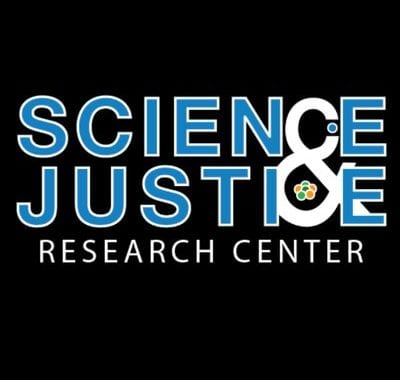In the wake of the recent accounts of harm in some parts of the STS community, we at Science & Justice stand in solidarity with all of those who have suffered, and all those who are working to create fair practices of accountability, and the structural changes needed to ensure that everyone has encouraging and safe environments in which to work and thrive. In the face of the hierarchical cultures and political economies of academia that tend to lionize and reward single figures, catalyze abuses of power, and marginalize historically underrepresented communities, we re-assert our longstanding commitment to center collective modes of governance, equity and justice in all the ways that we operate–from how we make decisions and focus research energies, to how we share logistical duties for events. We affirm and pledge to build our support and care for all members of our community (at all levels of their careers) through purposeful, lateral and mutual mentoring. We re-commit to proactively challenge systems of oppression and to disrupt power structures that lead to exclusive spaces, while simultaneously centering the priorities of those most marginalized in our communities, as we plan the future development of our collective work together.
Feedback and Suggestions
The SJRC does not tolerate any type of abusive, bullying, harassing, or discriminatory behavior. If you have a suggestion for how the Center can better cultivate and promote a healthy climate, let us know via the anonymous Center Climate Feedback and Suggestion form or by email to scijust@ucsc.edu, or Center Manager Colleen Stone (colleen@ucsc.edu), or Director Jenny Reardon (reardon1@ucsc.edu), or Director of Teaching James Doucet-Battle (jbattle@ucsc.edu), or any of our campus Steering Committee Members.
Resources
What can you do about bullying/abusive conduct? Refer to:
- Tips for Identifying Bullying Behaviors
- How bullying becomes a career tool
- The project on Academic Bullying
- Tips for Targets of Workplace Bullying
- Tips for Supervisors, Managers, Chairs
- How workplace bullying differs from performance management, harassment/discrimination, and retaliation
- The UCSC Restorative Justice Program
How can we build together more just practices of knowledge production?
The SJRC in collaboration with its colleagues has launched the Leadership in the Equitable, Ethical Design (LEED) of STEM initiative. The LEED initiative seeks to create guidelines for the design and conduct of STEM research that integrates DEI and ELSI in a manner that leads to more equitable and just science and technology. If you would like to take part in or contribute to this project, learn more.
The CLEAR (an innovative feminist, anti-colonial marine laboratory) is a values-based lab that seeks to integrate ethics into all their practices. You can learn more here. If you are considering writing a collaborative report, please refer to the CLEAR Lab’s guidance in determining author order.
To learn about transforming complaint into institutional change, read Sara Ahmed’s Complaint! (Duke University Press, 2021) and explore the Feminist Kill Joys blog.
To learn about the new Ethics and Code of Conduct Policy of the Society of Social Studies of Science (4S) visit their website: https://www.4sonline.org/4s-ethics-and-code-of-conduct-policy/.
UC Santa Cruz Principles of Community
UC Santa Cruz is committed to promoting and protecting an environment that values and supports every person in an atmosphere of civility, honesty, cooperation, professionalism and fairness. As a member of our affiliated community, these Principles of Community, Policies, Procedures, and Codes of Conduct, extend to you. If you witnessed or have been a target of a hate or bias motivated incident while participating in a university sponsored activity, please report the incident at: https://reporthate.ucsc.edu/how-to-report/index.html.
We strive to be:
Diverse: We embrace diversity in all its forms and we strive for an inclusive community that fosters an open, enlightened and productive environment.
Open: We believe free exchange of ideas requires mutual respect and consideration for our differences.
Purposeful: We are a participatory community united by shared commitments to: service to society; preservation and advancement of knowledge; and innovative teaching and learning.
Caring: We promote mutual respect, trust and support to foster bonds that strengthen the community.
Just: We are committed to due process, respect for individual dignity and equitable access to resources, recognition and rewards.
Disciplined: We seek to advance common goals through reasonable and realistic practices, procedures and expectations.
Celebrative: We celebrate the heritage, achievements and diversity of the community and the uniqueness and contributions of our members.

